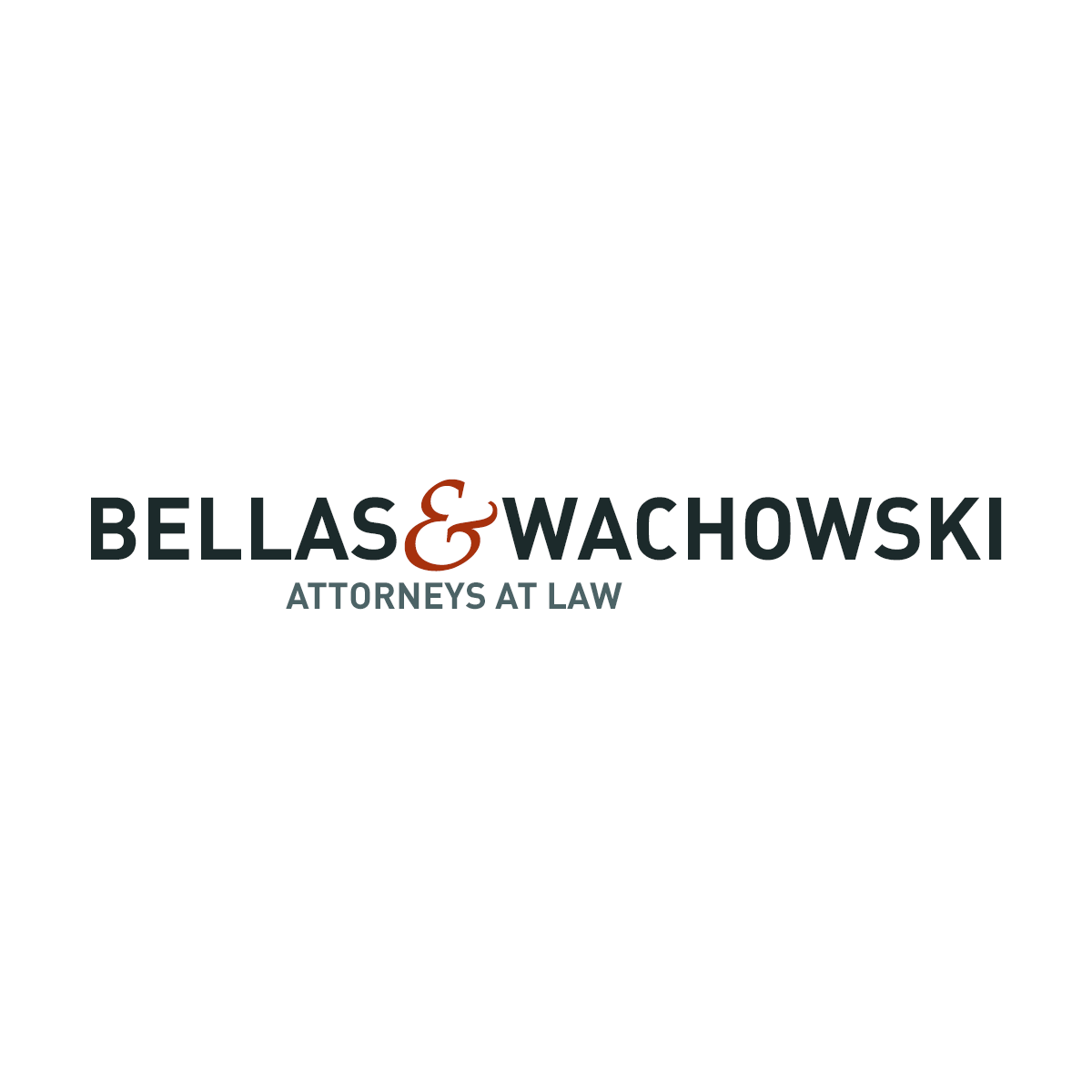Chicago Paid Leave Ordinance
Employers physically located within the City of Chicago must be ready as of July 1 to implement the new Chicago Paid Leave and Paid Sick and Safe Leave Ordinancewhich provides that covered employees may earn up to 40 hours of paid sick leave and 40 hours of other paid leave usable for any reason per 12-month accrual period.
Covered employees are those who work at least 80 hours in a 120-day period. Immigration status is irrelevant. The benefit year can be defined the same for all employees or for each individual employee, and can be tied to the calendar year, fiscal year, fiscal year, contract year, or anniversary date of employment.
Employees who are paid in whole or in part on commission must be compensated at their base hourly rate, or the greater of the federal, Illinois, or Chicago minimum wage. Those who receive bonuses must receive paid leave equal to the highest municipal, state or federal minimum wage.
Employers may require employees to provide up to 7 days’ notice, using methods such as written or verbal notification to their immediate supervisor, calling a certain phone number to leave a message, sending an email to a certain address, or submitting a request in the employer’s scheduling system. If paid sick leave continues for more than three consecutive workdays, an employer may request a certification, but may not prevent the employee from using sick leave or delay pay if such certification is not submitted.
Employers may deny leave requests if they can demonstrate that an employee’s leave would significantly impact business operations, if the employer’s service has a critical impact on the health and safety of city residents, if they have treated employees in a similar positions in the same way when making previous decisions and whether the employee has had a “reasonable ability” to use all of his or her accrued leave during the designated 12-month period. Such denials must be issued in writing and state a justification for the policy.
Employers may immediately provide paid leave or paid sick leave (or both) in advance from the date of employment if they so choose. If they don’t, they must allow employees to carry over up to 16 hours of accrued, unused paid leave to the next calendar year. Either way, employers must allow employees to carry over up to 80 hours of accrued, unused paid leave. sick leave. And for any type of leave, employers should not require compensation from the employee for unused leave time in exchange for giving up the leave.
If employers do not advance paid leave, they must allow employees to use paid leave before 90%.th day and paid sick leave until the 30thHe day; if an employer decides to group paid leave and paid sick leave into one 80-hour allotment, this must be allowed by the 30He day. Any type of leave must be compensated in the next regular payroll period after the leave was used.
Employers must post a notice posting the ordinance’s final rules in regular channels, such as break rooms, cafeterias, bulletin boards, and internal communication channels, unless the employer does not have a physical business location in the city or is a household that employs domestic workers, in which case this requirement is exempt.
Employers must provide this notice along with the employee’s first paycheck after July 1, either on the pay stub, online, or through a handwritten record indicating the time available. And they must maintain records of covered employees for at least five years that contain the date of hire, the date the employee is eligible to use the leave, the number of hours accrued or granted to the employee, and the dates and number of hours the employee is eligible to use leave. each employee used one or both types of leave.
Employees who believe their employer has violated any of these requirements should file a complaint with the Chicago Department of Business Affairs and Consumer Protection within three years of the alleged violation, unless there is evidence that the employer concealed violated or misled the employee about his or her rights. in which case the three-year timer starts ticking when this circumstance comes to light.
The department may choose to use conference, voluntary mediation, conciliation, or persuasion to resolve a complaint, taking into account factors such as whether the employer appears to have made good faith efforts to address the violations and/or whether the complaint is more technical and would not have materially harmed the employee, in deciding whether and to what extent to fine the accused company.
To avoid that outcome, Read the ordinance in its entirety and perhaps consult with your business attorney. We also encourage our clients to review their employee policy manuals. If your company does not have an employee policy manual, you should seriously consider adopting one.
